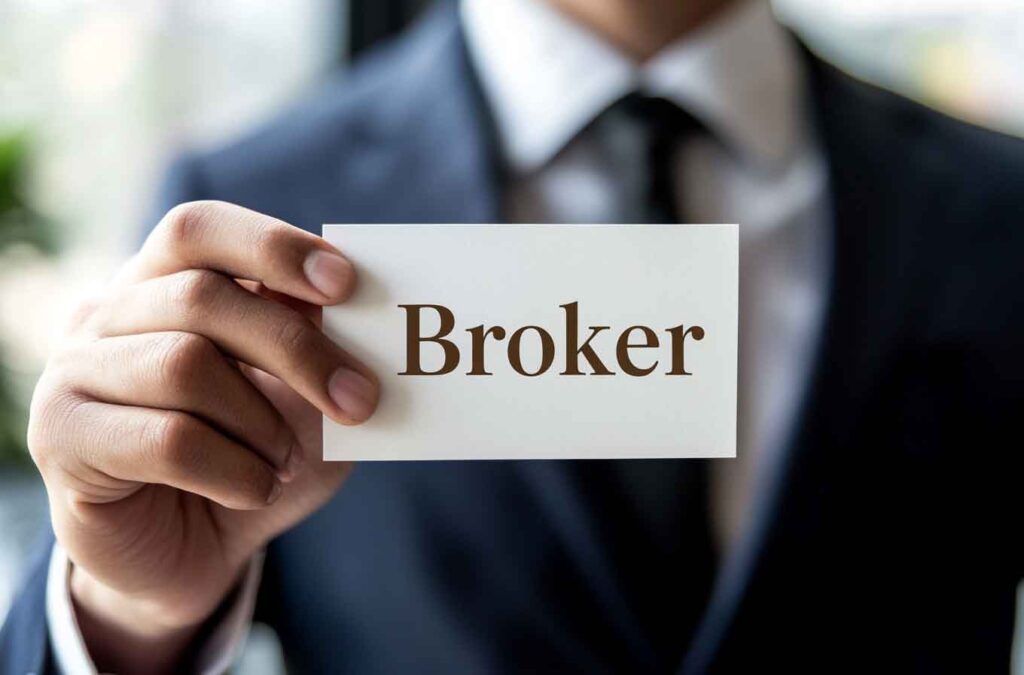Cross-border M&A transactions are gaining momentum in 2025, fueled by global economic integration and emerging market opportunities. However, these deals bring unique challenges, including compliance with diverse regulations, navigating communication differences, securing financing, and ensuring operational integration.
Experienced business brokers play a pivotal role in addressing these complexities. Their expertise in different markets across the United States and legal frameworks ensures a smoother process, reducing risks and maximizing value for all stakeholders.
How Business Brokers Ensure Compliance with Legal and Regulatory Requirements
Cross-border M&A transactions involve intricate legal and regulatory frameworks that differ significantly from state to state. Without proper expertise, sellers risk delays, disputes, and compliance failures that can jeopardize the deal. Business brokers provide critical guidance to ensure that all legal and financial obligations are met, reducing risks and maintaining deal momentum. Their expertise allows businesses to navigate tax laws, industry regulations, and contractual obligations with confidence.
Handling Regulatory Compliance
Compliance with local and state regulations is a key challenge in cross-border transactions. Business brokers streamline this process by addressing complex legal and financial obligations to ensure smooth deal progression.
- Tax Laws and Financial Obligations – Each state has unique tax policies, including corporate taxes, capital gains taxes, and transaction-related levies. Brokers work with tax advisors to structure deals in a way that minimizes tax liabilities and prevents unexpected costs.
- Import/Export Regulations – Transactions involving manufacturing, technology, or construction industries often require the transfer of goods, equipment, or intellectual property across state borders. Business brokers ensure that import/export laws are adhered to, preventing supply chain disruptions or regulatory penalties.
- Industry-Specific Guidelines – Many sectors operate under strict regulatory oversight. A manufacturing business broker ensures that environmental and operational compliance is met, while a construction broker helps navigate licensing and permit requirements for ongoing projects.
By conducting thorough due diligence, business brokers protect their clients from regulatory oversights that could stall or derail the transaction.
Mitigating Legal Risks
Legal risks in M&A transactions can stem from contract misinterpretations, intellectual property concerns, or licensing issues. Business brokers help mitigate these risks by identifying potential legal hurdles before they escalate.
- Intellectual Property Protection – Industries such as technology require careful handling of patents, copyrights, and trademarks. Brokers coordinate with legal teams to ensure all IP rights are correctly transferred, preventing future ownership disputes.
- Licensing and Permits – Sectors like healthcare and construction often require the seamless transfer or renewal of licenses to maintain business operations post-sale. Business brokers manage this process, ensuring there are no gaps that could delay business continuity.
- Contract Structuring and Dispute Resolution – Poorly structured agreements can lead to post-sale legal challenges. Brokers work closely with both parties’ legal teams to clarify terms, resolve discrepancies, and ensure contracts are legally sound. Their ability to mediate prevents misunderstandings that could cause negotiations to break down.
By conducting thorough due diligence, business brokers ensure that every facet of the transaction complies with state and national laws, protecting their clients from compliance failures that can derail a deal.
Mitigating Legal Risks
Cross-border transactions inherently involve legal complexities that, if overlooked, can jeopardize a deal. Business brokers are pivotal in identifying and resolving potential roadblocks, from intellectual property disputes to contract discrepancies.
- Intellectual Property Protection: Protecting intellectual property is critical in industries such as technology. Brokers collaborate with legal teams to ensure patents, trademarks, and copyrights are correctly transferred and protected during the transaction.
- Licensing and Permits: Certain industries, such as healthcare or manufacturing, often require transferring or renewing licenses and permits. Business brokers ensure these critical steps are completed without delays, preventing operational interruptions post-sale.
- Contract Negotiations and Disputes: Misunderstandings in contractual terms can lead to disputes that delay or derail negotiations. Brokers act as mediators, working closely with both parties’ legal teams to clarify terms and resolve conflicts, ensuring transparency and trust throughout the process.
The legal and regulatory complexities of cross-border M&A transactions require more than a generalized approach. Specialized brokers, such as manufacturing business brokers, construction brokers, and technology brokers, provide the niche expertise needed to navigate industry-specific challenges while ensuring compliance with national regulations. This expertise reduces risks and ensures a seamless transition, providing peace of mind for buyers and sellers alike.
Bridging Communication Gaps

Communication barriers are often significant hurdles in cross-border M&A transactions. If not managed effectively, these challenges can lead to misunderstandings, mistrust, and even failed negotiations.
Business brokers play a critical role in bridging these gaps by fostering collaboration, building trust, and ensuring all parties are aligned throughout the deal process. Their communication expertise ensures that deals move forward smoothly, even in the most complex interstate contexts.
Managing Cross-Border Negotiations
Cross-border deals often involve navigating different local issues, business etiquettes, and negotiation styles. Business brokers act as skilled mediators, adept at identifying and addressing these differences to create a common ground for both parties. Here’s how they manage cross-border negotiations:
- Adjusting Negotiation Tactics: Brokers tailor their approach based on personal preferences, whether it’s prioritizing relationships over numbers or focusing on contract details upfront.
- Building Trust Across Borders: Trust is paramount in any deal, and brokers use their expertise to establish credibility and rapport between parties. This trust-building creates an environment conducive to open dialogue and compromise.
By addressing regional nuances with professionalism and tact, brokers ensure negotiations are productive and that both parties feel valued throughout the process.
Streamlining Financial and Operational Due Diligence

Due diligence is the foundation of successful M&A transactions, especially in the complex landscape of cross-border deals. It involves meticulously examining a business’s financial, operational, and market realities to identify potential risks and opportunities. Business brokers streamline this critical process, ensuring financial and operational alignment that sets the stage for a successful transaction. Their expertise helps both buyers and sellers navigate complexities, mitigate risks, and achieve mutually beneficial outcomes.
Conducting Market Research and Valuation
A well-researched valuation builds trust and ensures both parties have a clear understanding of the business’s worth. Brokers rely on data-driven research, financial modeling, and industry-specific insights to determine an accurate market price. This assessment not only reflects the business’s current standing but also its future potential.
Brokers conduct an in-depth industry analysis by reviewing market trends, competitor positioning, and economic conditions that could influence the business’s value. They also focus on key differentiators, such as proprietary technology, brand loyalty, or contractual agreements, to highlight competitive advantages that make the business more attractive to buyers.
Evaluating Financial Compatibility
Cross-border transactions introduce additional financial challenges, including currency exchange fluctuations, pricing disparities, and differences in accounting practices. Brokers address these complexities to ensure financial alignment between buyers and sellers.
One major aspect is mitigating currency risks, where brokers assess foreign exchange trends and recommend strategies to minimize exposure to market volatility. They also facilitate financial standardization, ensuring documentation formats comply with state and national accounting practices so buyers can accurately evaluate financial performance. Additionally, brokers streamline pricing agreements, structuring terms that are clear, fair, and beneficial to both parties.
Addressing Operational Integration
The transition from one owner to another involves more than signing contracts—it requires seamless operational integration to ensure business continuity. Brokers play a vital role in addressing post-acquisition challenges, particularly in supply chain coordination and workforce transitions:
- Coordinating Supply Chains: Cross-border deals often involve global supply chains. Brokers ensure that contracts, logistics, and vendor relationships are transferred smoothly.
- Facilitating Workforce Transitions: Employees are a business’s backbone. Brokers work with HR teams to manage workforce adjustments, ensuring staff retention and morale during ownership changes.
- Maintaining Operational Stability: Brokers oversee the integration of technology systems, workflow processes, and operational policies to prevent disruptions.
These efforts ensure the business thrives under new ownership, making the transition as seamless as possible.
Exploring Financing Options
Securing financing is often one of the most challenging aspects of cross-border M&A deals. Brokers leverage their networks and expertise to connect clients with suitable financing options, making transactions financially viable:
- Tapping into Networks: Brokers maintain relationships with banks, private equity firms, and government-backed programs that specialize in financing.
- Customizing Financing Solutions: Depending on the deal’s requirements, brokers advise on options like loans, equity financing, or hybrid models that balance risk and reward.
- Evaluating Buyer Readiness: Brokers assess buyers’ financial stability to ensure they have the resources to fulfill their commitments, reducing the risk of deal failure.
By simplifying the financial aspects of cross-border transactions, brokers ensure that all parties are financially prepared and aligned for success.
Choosing the Right Business Broker for Cross-Border Success
Partnering with the right broker can significantly influence the success of a cross-border M&A deal. A skilled broker provides the expertise, network, and strategies needed to navigate the complexities of interstate transactions. By asking the right questions and thoroughly evaluating track records, you can ensure you’re entrusting your business to a capable professional who can deliver results.
Questions to Ask Before Hiring
Asking targeted questions during the selection process helps assess a broker’s qualifications and suitability for your specific needs. Here are some critical questions to consider:
- What is your experience with cross-border M&A? Understanding the broker’s past involvement in interstate transactions ensures they are familiar with the unique challenges of cross-border deals.
- Can you provide examples of successful interstate transactions? Requesting case studies or examples of similar deals showcases the broker’s ability to deliver results in complex scenarios.
- How do you handle compliance and due diligence? Cross-border deals require adherence to diverse legal and regulatory frameworks. A strong broker will have a transparent, structured approach to ensuring compliance while minimizing risks.
Addressing these areas can help you gauge a broker’s depth of expertise and preparedness to handle your transaction.
Evaluating Track Records
A broker’s track record is one of the most reliable indicators of their competence. Reviewing past performance can provide insights into their ability to manage challenges and deliver successful outcomes:
- Case Studies: Look for detailed accounts of previous cross-border transactions. These examples should highlight how the broker addressed regulatory hurdles, regional differences, or operational challenges.
- Client Testimonials: Feedback from previous clients can reveal a broker’s professionalism, communication style, and overall effectiveness in managing interstate deals.
- References: Speaking directly with past clients allows you to verify claims and better understand the broker’s strengths and potential limitations.
A broker with a history of successfully closing cross-border deals is more likely to navigate complexities and ensure favorable results for your transaction.
Expertise Is Key to Cross-Border M&A Success
Choosing the right broker is not just about finding someone with experience—it’s about finding a partner who aligns with your goals and understands the nuances of your industry and market. Thorough vetting and careful evaluation can provide the confidence to move forward, knowing you’ve chosen a professional capable of delivering success in your cross-border M&A deal.
At Lake Country Advisors, we pride ourselves on connecting business owners with qualified buyers across the United States. Our extensive network and proven strategies ensure a seamless sales process while maximizing the value of your business. Whether you’re looking to sell within your state or to buyers nationwide, our team is here to guide you every step of the way. Contact Lake Country Advisors today for expert guidance tailored to your business sale journey.





